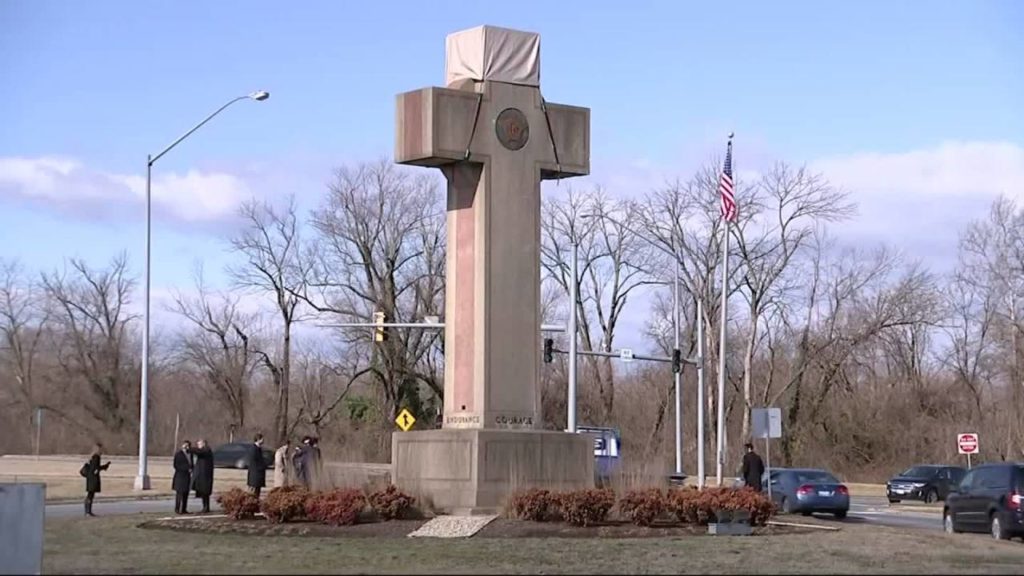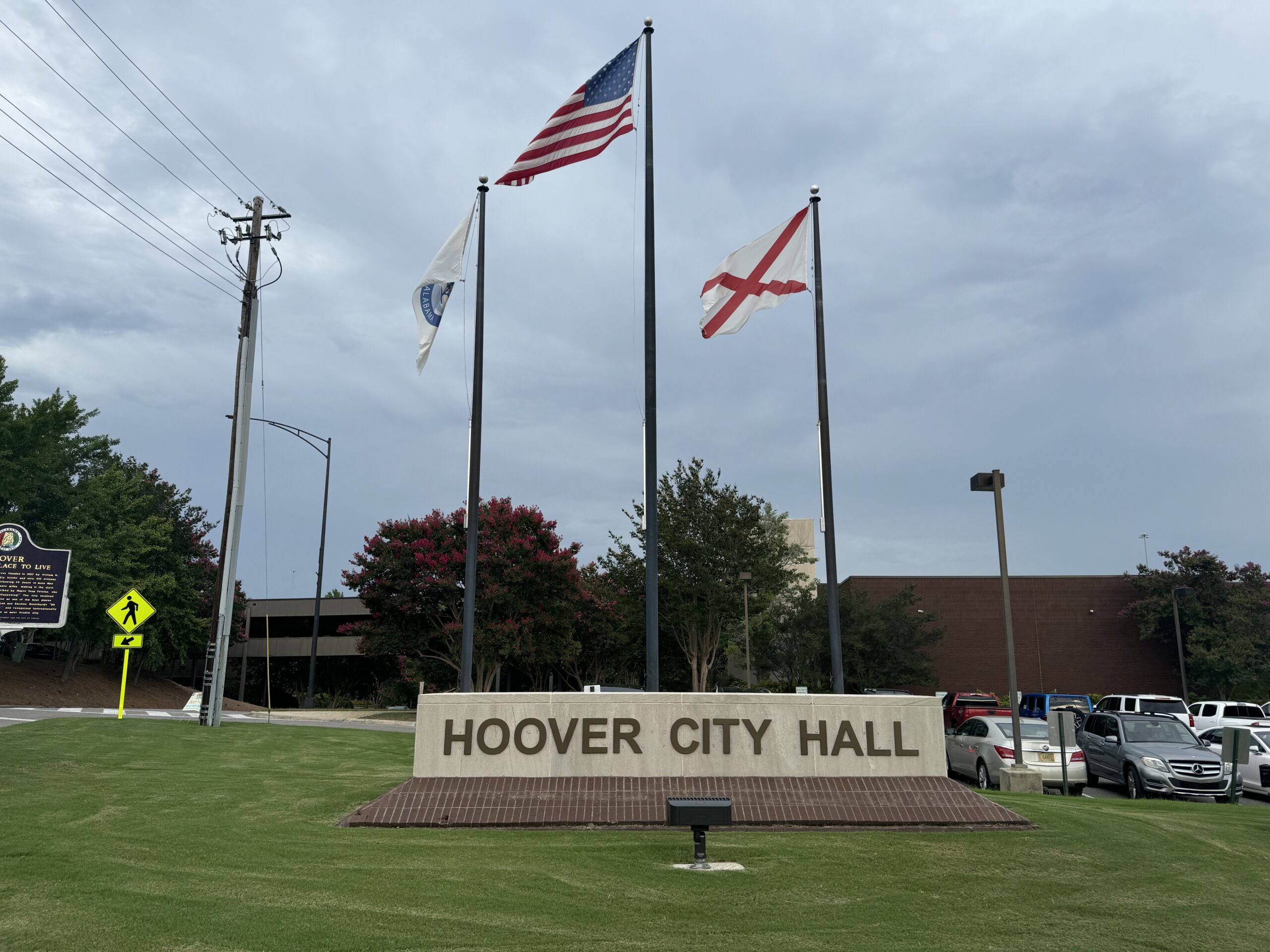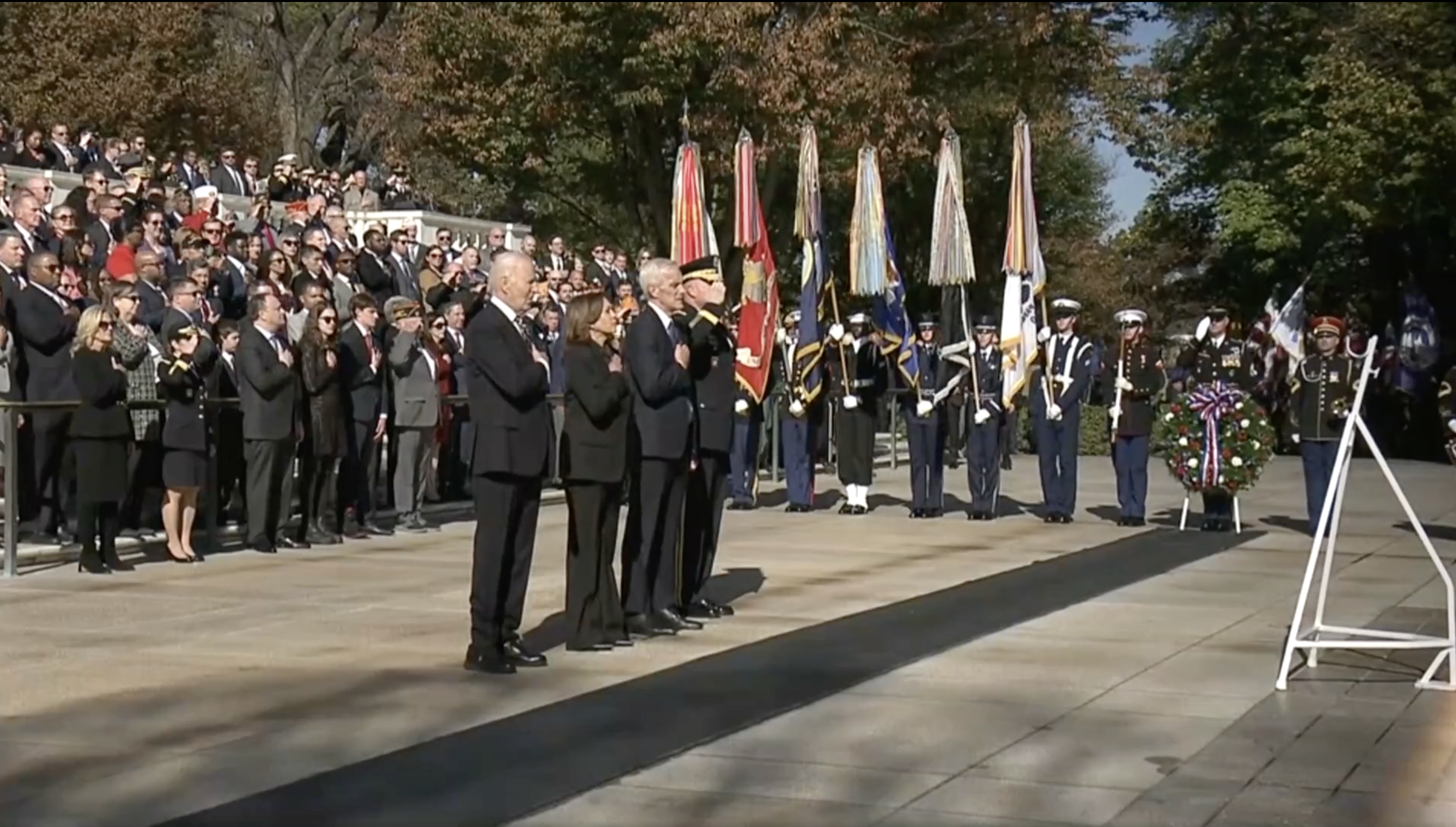Last week the Supreme Court ruled on an important case with significant implications for the future of religious expression in our republic.
The case, American Legion v. American Humanist Association, was brought by a nonprofit atheist organization seeking to remove an almost 100-year-old monument in Maryland’s Prince George’s County.
The 40-foot granite and cement cross, called the Bladensburg Peace Cross, was built on public land and paid for by local families, businesses and the American Legion in 1925. It has stood in memory of local residents who died in World War I for almost a century. A state commission now owns the land and pays for its upkeep.
On its face, the claims made by the American Humanist Association that the Bladensburg Peace Cross represents an unconstitutional endorsement of religion do not seem legitimate or offered in good faith.
While the cross unquestionably has origins as a Christian symbol, for centuries it has also represented memorialization, remembrance and respect for the dead at cemeteries, parks and public spaces around the world.
Justice Neil Gorsuch, President Donald Trump’s first choice for the Supreme Court in 2017, wrote that he would have dismissed the case, saying that the challenger’s claim to be offended by the sight of the monument did not hold legal merit.
But the Court chose to issue a ruling and rejected the out-of-state organization’s legal arguments that the memorial cross located just outside of Washington, DC represented an endorsement of religion that violated our Constitution. In a 7 to 2 decision, the Court ruled that the cross may continue to stand on public land.
Justice Samuel Alito, recognizing that a court-ordered removal of the cross would be the true violation of the Constitution, wrote in the main opinion that “tearing down monuments with religious symbolism and scrubbing away any reference to the divine will strike many as aggressively hostile to religion.
“…[D]estroying or defacing the Cross that has stood undisturbed for nearly a century would not be neutral and would not further the ideals of respect and tolerance embodied in the First Amendment.”
The Court’s decision was met with cheer and relief in Prince George’s County where the Bladensburg Peace Cross enjoys broad support.
The ruling “ensures that this memorial — a dignified tribute to those who came before us and made the ultimate sacrifice — will stand tall and proud for the ages,” Republican Governor Larry Hogan said.
Thankfully, we live in a country of religious freedom where no one is forced to practice religion but can practice any religion they choose. That is one of our most fundamental freedoms as Americans.
What cases like these are truly about is undermining religion. Lawsuit-happy groups like the American Humanist Association and the Freedom From Religion Foundation seek to advance their own agenda by making it more difficult for Christians and believers of other religions to publicly practice and share their faith.
With the rise of these lawsuits, it is more important than ever that we place jurists on our courts who will adhere to our Constitution and protect our religious liberties.
Regrettably, these attacks on religious freedom are taking place in Congress too. Last month, Democrats passed the so-called Equality Act which included an explicit carveout of Religious Freedom Restoration Act (RFRA) protections. It was only a few decades ago that Democrats Chuck Schumer and Ted Kennedy shepherded this legislation through Congress, but times and the Democrats have changed.
Just this week, the Committee on Education and Labor, on which I sit, has focused its attention on the “misapplication” of RFRA. I see this for what it is: an attempt to undermine our religious freedoms.
Our Constitutional protections are worth defending, and I pledge to continue the fight.
Congressman Bradley Byrne is currently serving his fourth term in the U.S. House of Representatives, was born and raised in Mobile.
Related
Share via:













